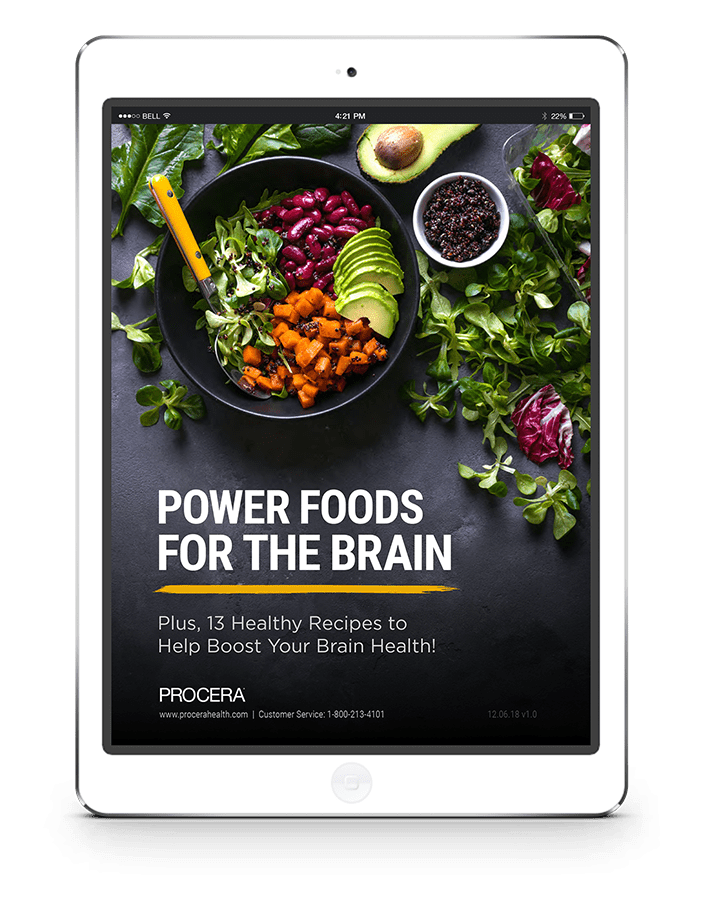
People of every age experience digestive issues from time to time, but as we get older, annoyances like constipation, diarrhea and gas can become increasingly common. Aspects of our physical health change naturally with age, but poor diet, reduced digestive enzymes, and unbalanced gastrointestinal flora can wreak havoc on both our digestive and immune systems. Because of this, the rest of the body (including the brain) not only miss out on vital nutrients but also absorbs toxins that can adversely affect many different areas of the body.
A unique study recently published in the Public Library of Science investigated the age-related differences in both the gut microorganisms and the inflammatory status of 84 adults in a restricted geographical area in Italy. Researchers evaluated the entire adult lifespan by dividing the subjects into three specific groups: 20 young adults (25-40 years old), 43 elderly people (59-78 years old), and 21 centenarians (99-104 years old). Interestingly, the results showed that changes in the gut ecosystem do not follow a linear relationship with age, but instead the difference between the gut microbiota of young adults and the elderly is very small compared to that observed between centenarians and adults 65 years of age and younger. The findings of this study suggest the relative stability of the gut ecosystem until approximately age 65, after which the aging process begins to exert an effect.
Dr. Sandra McFarlane, from the microbiology and gut biology group at the University of Dundee said “As people got older they had reduced levels of friendly bacteria and increased levels of bad bacteria. At about age 60 there was a big drop in bacteria levels, and older people had 1,000-fold less friendly bacteria than other younger adults.”
As you age, eating a healthy diet and properly digesting your food and drink is critical to long term health. Your digestive system breaks nutrients into parts small enough for your body to absorb and use for energy, growth, and cell repair. If you don’t have the right mix of bacteria (gut microflora) or the integrity of your digestive system is compromised, valuable nutrients may be lost and toxins could be introduced into your body. It is also very important that these nutrients get into your bloodstream and are efficiently delivered to the brain.
Nutrients & Blood Flow Are Vital To Brain Health
Most of us know that good blood circulation is essential to a healthy body. It is what delivers oxygen, fuel, and vital nutrients to our organs. And it is especially critical to the brain. Cerebral blood flow refers to the blood supply that reaches the brain at all times, keeping it well oxygenated and cleaned of impurities. What you may not know is that your brain needs almost 20% of the blood that is pumped with each and every heartbeat!
Brains Demand More . . .
Our memory performance and cognitive health require a constant flow of oxygen and nutrients into the brain. Cerebral blood circulation should be like a clean, continuously rolling river. When the river is well oxygenated, free of toxins, and in constant movement, the brain is happy and functioning properly.
Here are a Few Key Steps To Healthy Digestion & Brain Function:
- Include physical activity in your daily routine. Regular physical activity can help prevent constipation. Prioritize a variety of exercises inclusive of cardio (walking or running), strength (weight lifting) and stretching.
- Eat a healthy diet. Make sure your diet includes foods with probiotics such as yogurt, sauerkraut, pickles, etc. (See chart below). Limit high-fat meats and sugar, which might cause constipation. Drink plenty of water and other fluids.
- Digestive & Brain Supplementation. It is normal for our digestive system and brain to change as we age. As people age, they do not digest and absorb their food as well often resulting in a nutrient deficiency for the body and brain. Procera’s new Probiotic combined with Procera AVH or Advanced Brain will boost your digestion and blood flow so that your brain gets what it needs to function optimally.








.png?width=1350&name=Procera%20Logo%20W%20Tagline%20White%20(3).png)
Comments
Add Comment